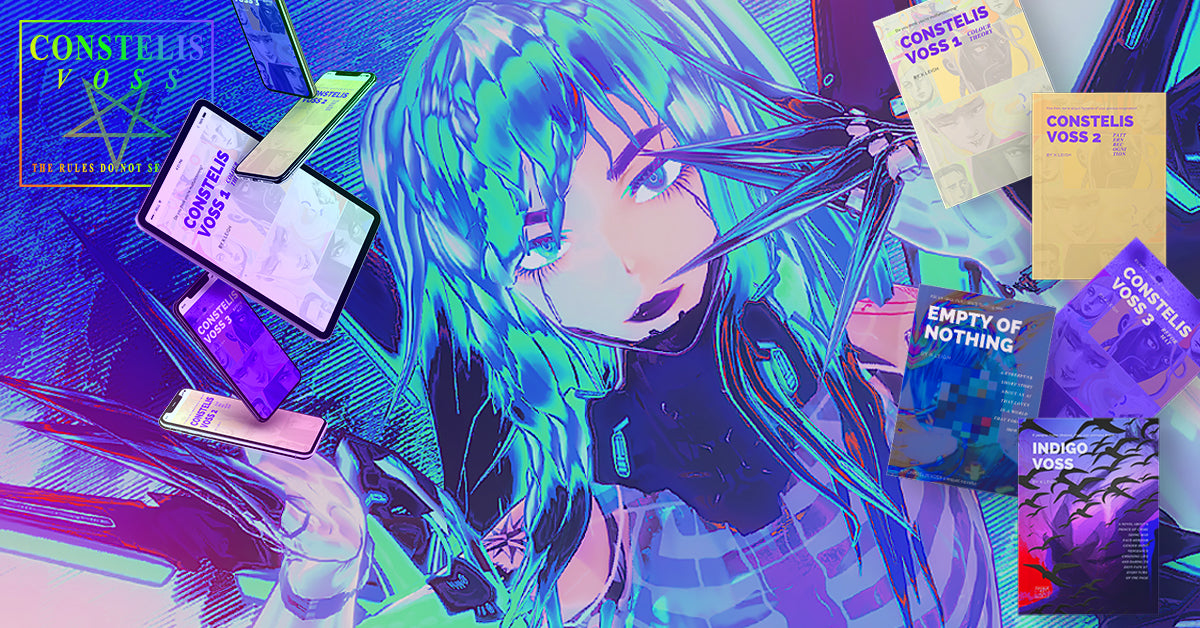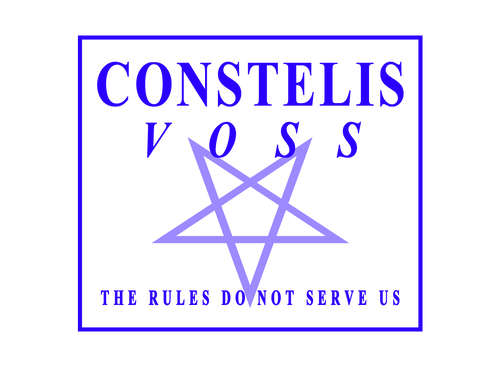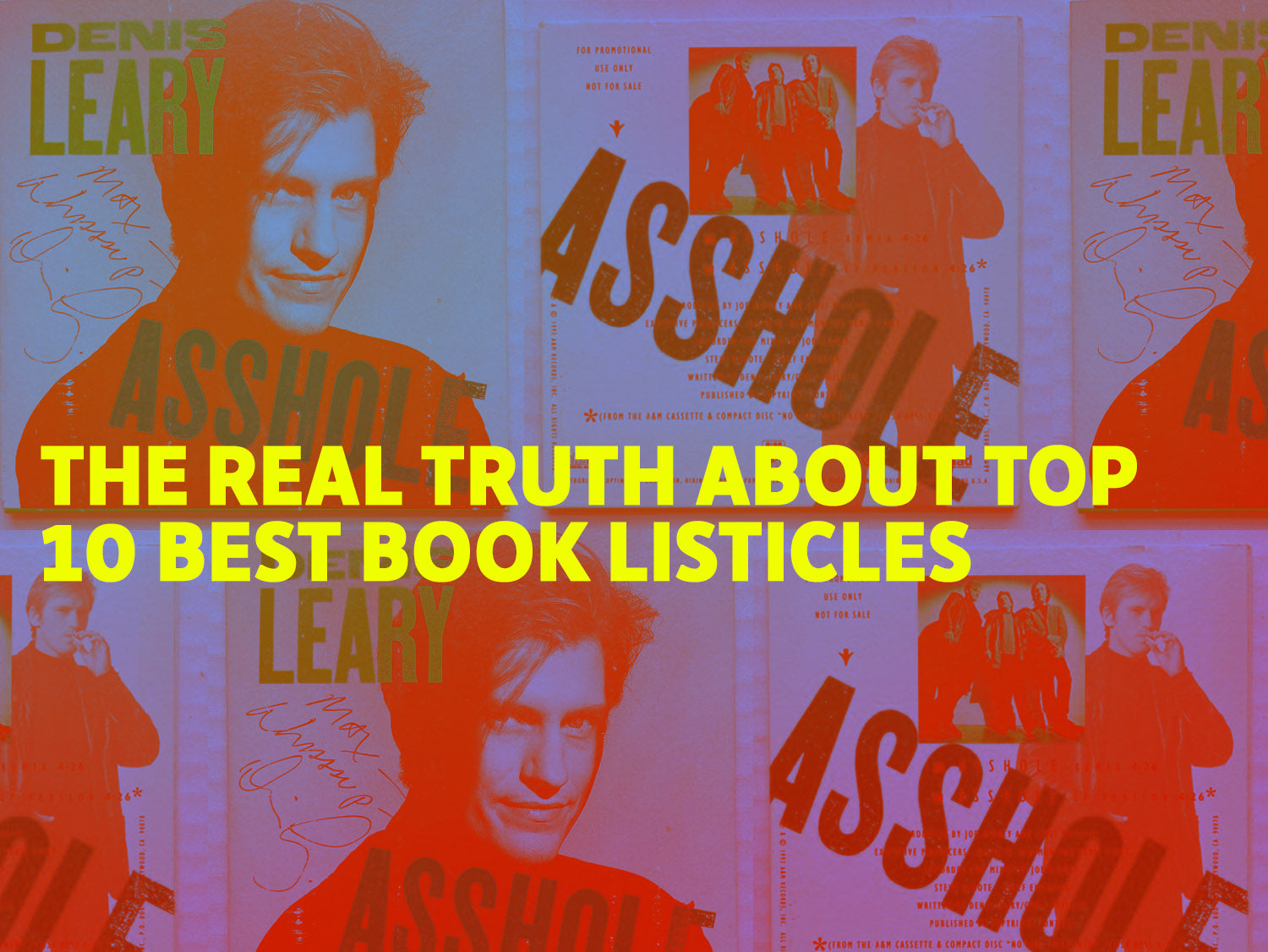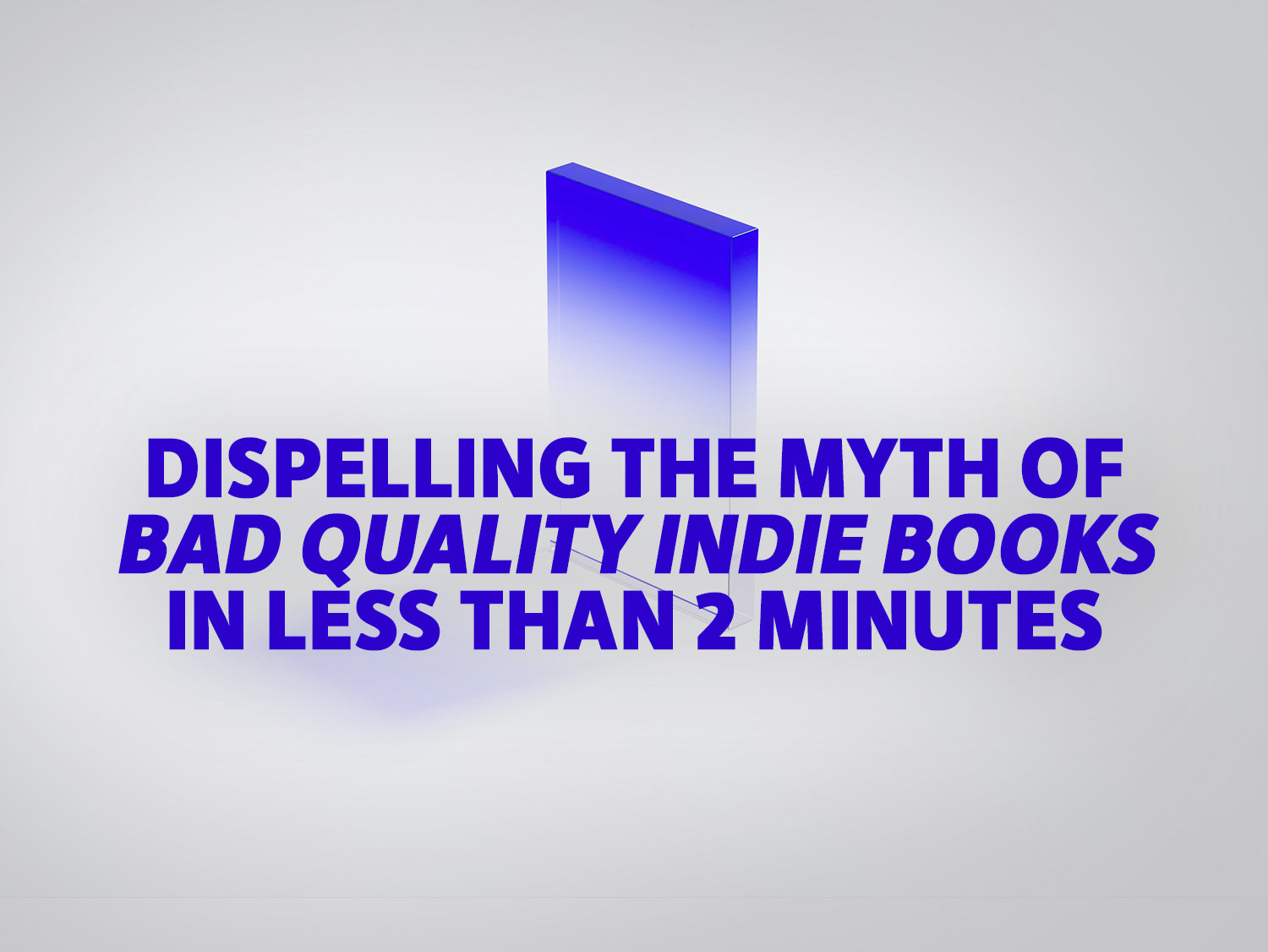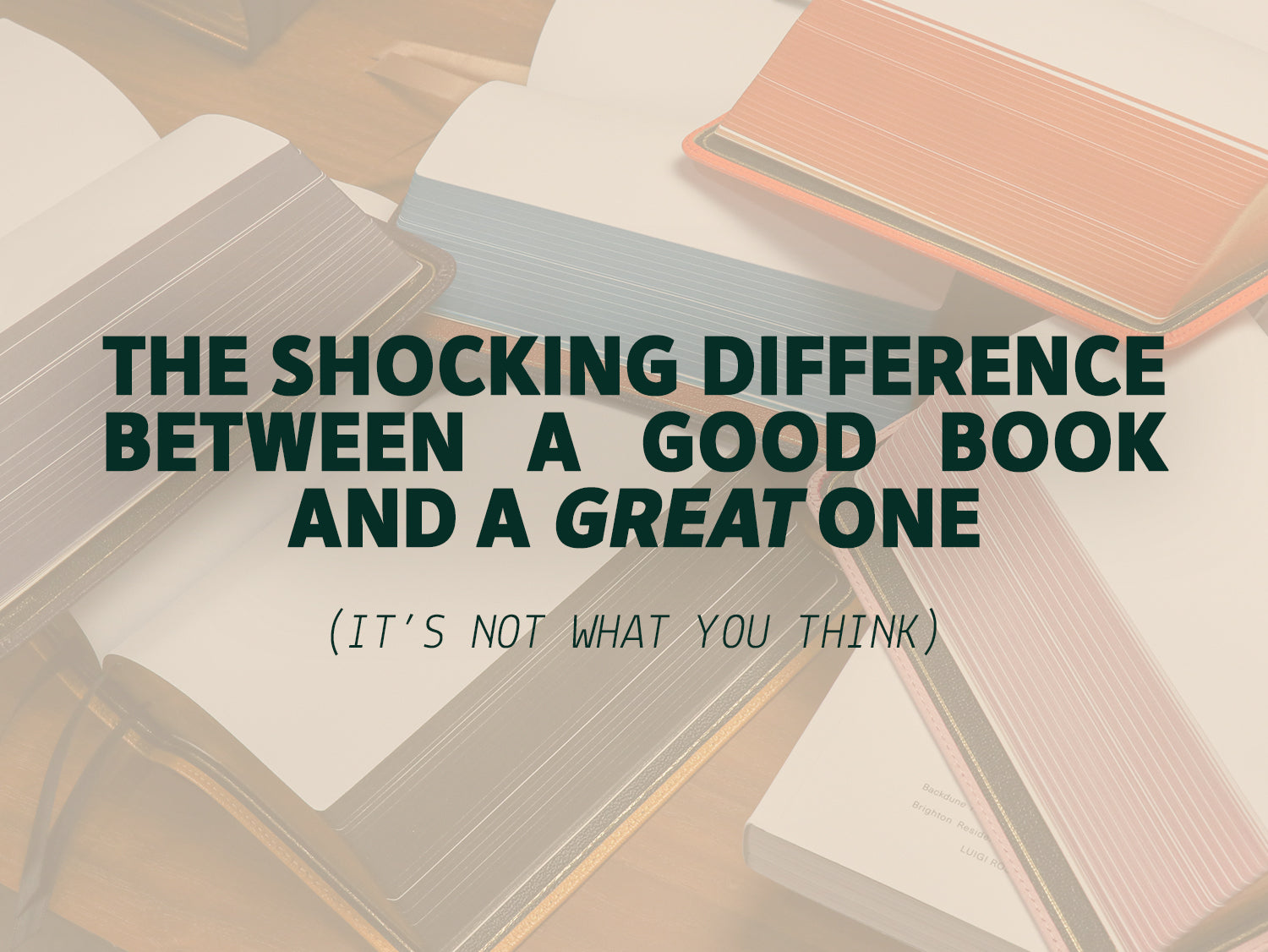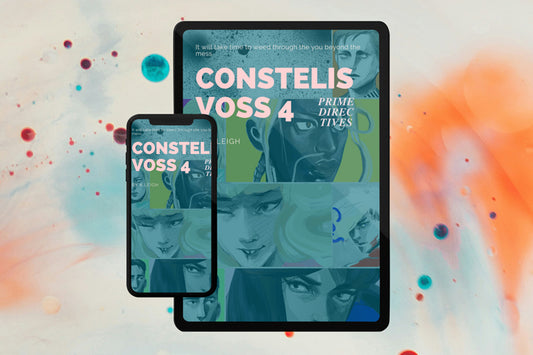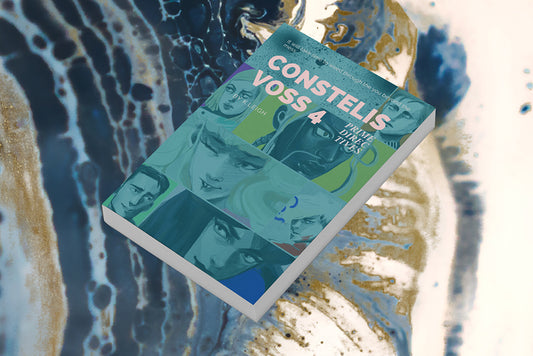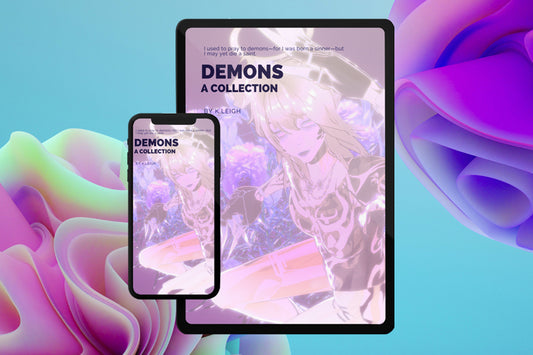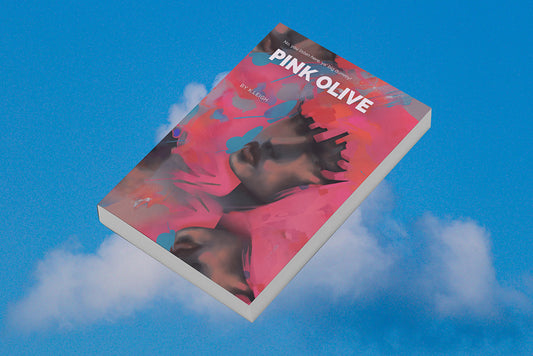You said it yourself in the post, publishers are looking for things they can sell. You, personally, may never take on a project that you don’t absolutely believe in, but I wonder how often you’ve had to say, ‘This is brilliant … but I can’t sell it’?
— Ian S. Bott
The above was found in the comments of an article by a literary agent insisting that agents are not gatekeepers. Ian asked if the agent had experienced a moment where she had to make a choice between art or profit. To this very day, the comment remains unanswered.
I have no ill will against this agent. My problem is that this comment toggled the part of my brain that needs answers. Mostly, leaving this comment stranded in a sea of positive replies felt like ignoring critical critique. Critical critique about the nature of sales in publishing.
Critical critique often made by marginalized authors, both self and traditionally published. The wheels in my head started turning: Diverse voices in literature are often courted in publishing. Diverse voices that must comp to titles sometimes so unlike their own. Titles so unlike their own because what sells is so unlike their #OwnVoices.
I had to ask myself "Why?"
If sales reign, what dictates what can sell in book publishing? What can sell to whom, and who decides this, exactly? We need to talk honestly about gatekeeping in publishing.
Gatekeeping marginalized authors isn't always about explicit bigotry
Sometimes, it's embedded in the tapestry
In a classist world predicated on Othering, publishing positions itself as a megaphone for historically excluded stories. Is it truly?
While I have no doubt that there are many publishing houses and organizations that actively work to uplift marginalized authors, I'm also under no illusions that biased mechanisms of publishing are anything less than implicit gatekeeping. This matters, because we cannot address issues without examining where they actually come from to begin with.
In the following section, I'll outline two ideas to draw the implicit gate: Gatekeeping via biased tapestry left unchecked and via systems not designed for disabled and neurodivergent authors.
Let's begin.
Allowing hostility to thrive in publishing spaces pushes marginalized authors out
Lack of diversity also keeps the tapestry hegemonic
Starting from the top, let's discuss #OwnVoices from my lanes. The movement was created to platform marginalized authors. Authors use the tag, publishers promote submissions under it, etc. A novel, worthy idea.
Sadly, #OwnVoices has also been used to denigrate and reject marginalized authors for not fitting queer categories the "right" way. Moreover, it's clear that certain intersections are ignored outright. Namely, disabled and neurodivergent narratives.
Furthermore, there's a sentiment circling Own Voices that queer authors must come out on other peoples' terms in order to be "authentic." As if the queer reader community is owed a performance versus the safety of those who may not live in a place where coming out is safe for them. For this reason, authors get pushed out of the closet, which is very hostile.
Another example is the case of Isabel Fall. Fall was bullied off the internet for writing a short story inspired by an anti-trans meme. Isabel Fall was—at the time—a closeted trans woman. That didn't stop readers and publishing professionals from terrorizing her from the industry and back into the closet.
On this thread, the diversity baseline in publishing is still a challenging picture, even with DEI work by large publishers like PRH. Not only that, but trans authors continue to struggle getting published, and acceptance of queer authors with queer work still lags behind.
It appears there's a lot of inclusion yet to be done in publishing: Reader-writer communities, the workforce itself, accepted authors and more. Unsurprisingly, this exclusionary tapestry is why many marginalized authors pick self-publishing. And that, my friends, is an implicit gate.
Let's move on to systems and processes.
A system not designed for marginalized writers is exclusionary
Ableism is alive and well in the querying process
Let's frame this section through neurodivergency and disability. As per query submission requirements, nothing is standardized. All use a different rubric with varied formats. Not only that, but there are few concrete, timeless answers from literary professionals. To make it simple: There is no true target to hit. It's all subjective.
If online submission forms exist, they're opaque and many require referral before an author's allowed to click submit. Referrals can be difficult for marginalized authors, especially those who didn't come from institutional wealth. Furthermore, opaque forms are an accessibility problem.
If these form don't exist, ND/disabled authors must craft copious emails, burning countless spoons many of us don't have. Keeping track of rejections, trying to reach an unclear target, never knowing how you're doing? That's certainly a gatekeeping mechanic.
What about QueryTracker? Sadly, QueryTracker is an object of antiquity. It is helpful for many, but it should've been updated for accessibility ages ago. Publishers Marketplace is much the same: A worthwhile yet ancient tool stuck in the early aughts. Take a look at what ND/NA authors say in this thread for similar concerns about accessibility.
When it comes to comp titles, querying authors must measure their manuscript to something currently popular. But what if your books do not mimic anything currently popular, as the audience you write for isn't largely considered worthy of centering in literature? That's an important question with no real answers.
Let me be frank: Accessibility is a low priority for capitalism, which publishing exists within. Therein, the process of querying wasn't built with accessibility in mind. That means publishing has gates and they are implicitly kept via lack of accessibility expertise. There's just no other way to slice it.
Broad patterns of implicit gatekeeping exist in publishing
Denying this mechanic prevents much-needed progress
When you cobble this publishing tapestry of lagging diversity and inaccessible barriers together, you get a mess. A mess called gated creative communities that nobody wants to admit are, in fact, subjectively gated. That's the nature of implicit gatekeeping.
Gatekeeping is something publishers might admit behind closed doors, but they're not keen to outline any of this the way I have. It would reflect poorly on the industry to grapple with its very clear systemic issues. So, what of publishing professionals themselves?
Publishing professionals like the literary agent in question just can't seem to admit they're the vanguard of publishing's gates. Perhaps admitting this may put people at risk for repercussions in an industry of closed doors and whisper networks. However, as silence is beneficial to keeping things the way they are, you really have to wonder why this diversity work just doesn't seem to be a priority.
Don't mistake me: It isn't that literary gatekeeping comes from members of some secret illuminati hellbent on keeping marginalized authors out of their walled garden. It's that the nature of publishing affords gatekeeping via what it doesn't admit and fails to address: Privilege.
This is brilliant, but I can't sell it
Let's get very honest about what this means
"I can't sell this book to the dominant culture" is the throughline behind why so few OwnVoices books make it past the gates. This sentiment is not consciously insidious. Rather, it's the product of privilege not naming or challenging itself. It's also the product of publishing professionals adopting careers far more hegemonic than many of them may know. Careers forged in exclusionary tapestries with poor accessibility and biased processes. In essence, publishing is an industry built around implicit gatekeeping.
Implicit gatekeeping is wildly difficult to tackle, as it's made unobvious every time a push can't be made to forge a more healthy path. To adopt a better, more accessible tool. To acknowledge systemic problems and evolve beyond them. To present core issues publicly without fear of professional retaliation.
There are implicit and explicit politics at play in publishing that keep systemic gates in place. Systemic gates that must be torn down for marginalized books to be allowed to sell.
So. Can publishers and literary agents alike sell the books of marginalized authors to push the industry in a truly inclusive, fair direction? They can, but my honest question is "Will they?" (and maybe even: Are they allowed to without pushback?)
This article was originally featured on the CONSTELIS VOSS Ghost Blog install. I'm currently in the process of bringing all those articles over to the Shopify site.
